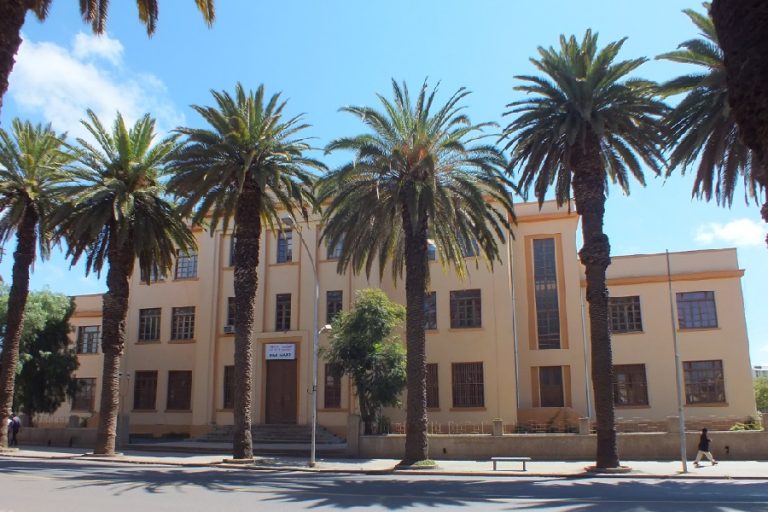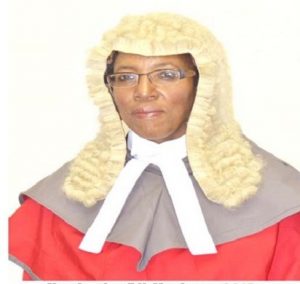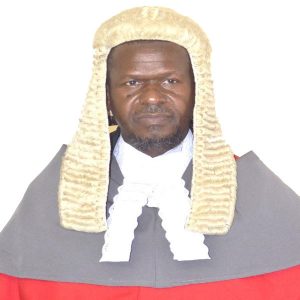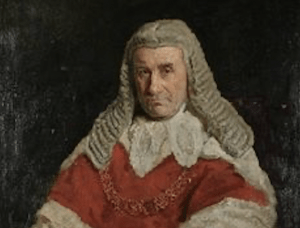
justices of the supreme court
Sara Berhe
Justice Sara Berhe earned her LLB degree in 1999. She then served for two years as a regional court judge until 2003. Then, she spent 2 years in the U.S. earning an LLM degree. In 2006 she founded a non-profit organization aimed at developing the judiciaries in Africa. She worked in this capacity in many west African countries. Her organization also routinely gave short courses to police forces and public prosecutors. Her distinguished achievements caught the attention of the U.N. and European developmental agencies and she took on top advisory roles in rebuilding judiciaries. She has widely published on the independence of the judiciary in Africa. She comes to the bench not only with immense legal knowledge but also with critically need skills in the administration of the judiciary.


said ali
Justice Said Ali started his career as a court interpreter in 1983. After earning a diploma in law, in 1988 he was appointed as a state prosecutor at the level of wereda court. He served in this capacity until December 1992. In June 1993, he earned an LLB degree in law. Then, in July 1993, he was appointed as a judge of a regional court where he served until 2001, at which point he went to South Africa for higher studies. In South Africa, he earned an LLM and LLD degrees. After his doctoral training he worked as a senior research staff for the Special Court of Sierra Leon and the International Criminal Court, doing the heavy load of the judges behind the scene. Justice Ali combines a wide-range of experience, from the basic courtrooms in Eritrea to the technologically loaded international tribunals.
SIR JAMES SHEARER
Do you know? The Supreme Court of Eritrea in the 1950s was, until 1959, lead by the Chief Justice, Briton Sir James Shearer. Being a Briton who could count on the just departed British Military Administration of Eritrea, and being a white man with superior education, helped Justice Shearer to be fearless of the executive branch of the Eritrean government. Eritreans soon put trust on the judiciary and petitioned the highest court for relief form unconstitutional and illegal acts of their own government. Under Justice Shearer, the Supreme Court made considerable contributions in upholding the law. The Court held some legislation unconstitutional; ordered the release of unlawfully detained citizens and affirmed citizens’ rights to assemble and to demonstrate. This short-lived civilization was eroded and never returned till today. The departure of Sir James Shearer in 1959 gave the executive branch of the government an absolute power and a free hand to jail anyone with impunity. Photo? Not him. Justice Shearer deserves some honoring until we get our news Justices appointed. Anyone with a picture of portraits of Justice Shearer, please share it with THE ABC Journey: theabcjourney@gmail.com.

File A Dispute
You may submit your dispute for resolution by the Court. For now, the Supreme Court does not engage in fact-finding. The dispute should be on a question or questions of law. The Chief Clerk of the Court will screen cases for relevance. Only constitutional cases of utmost national importance will be considered by the Court. You will be notified after the Court decides on whether to take or to dismiss your case. If the Court takes the case, you will also be notified of relevant stages of the proceedings.
